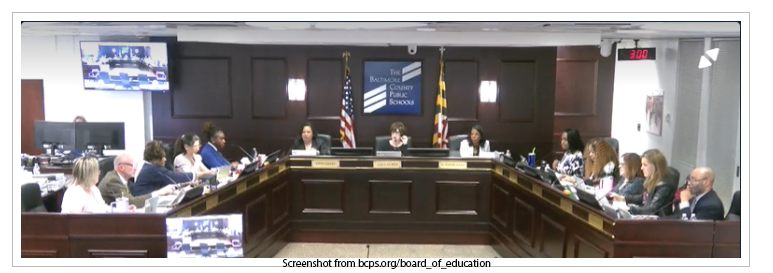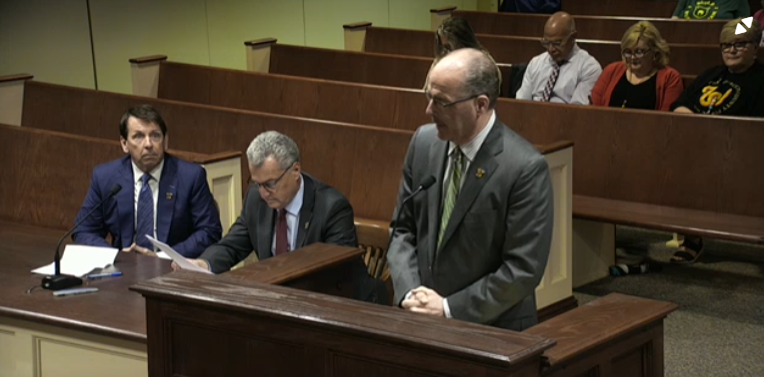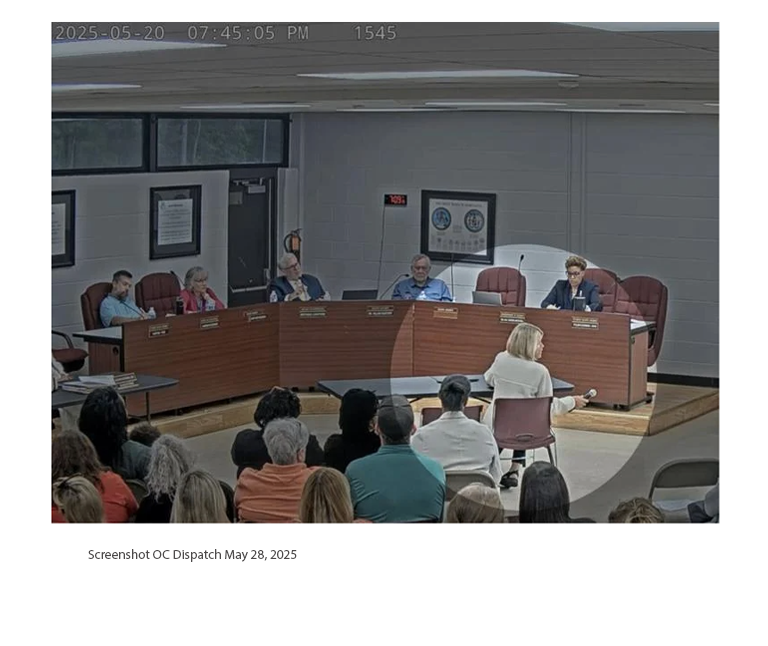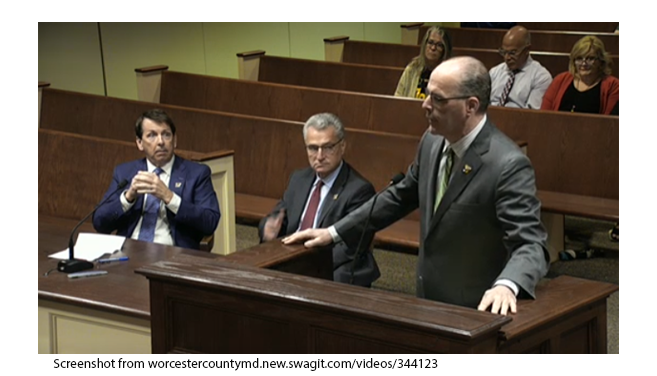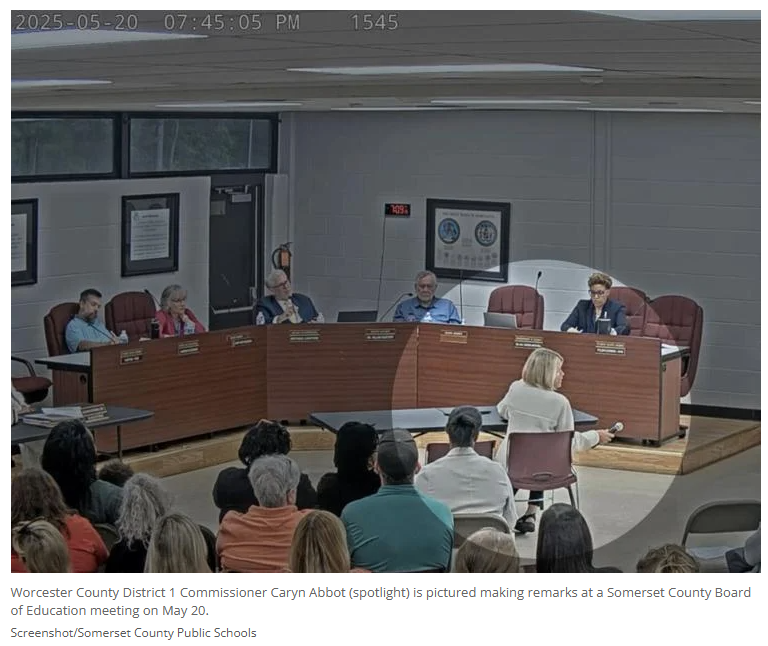
5 Ways Principals Can De-Stress Teachers’ Work Lives
Teacher stress and burnout continues to be a problem in many schools, even as the pandemic dissipates. But some studies now point to ways principals can help their teachers cope.
A RAND survey published as recently as a year ago found that nearly three-quarters of teachers said they were experiencing frequent job-related stress, compared to just a third of all working adults. Fifty-nine percent of teachers said they were burned out, compared to 44 percent of other workers.
But the new and emerging studies presented earlier this spring at a national conference of education researchers suggest principals and other school leaders really do have a role to play in lessening the impact of stressful circumstances on teachers. Having new or inexperienced principals did not necessarily affect teachers’ stress levels in these studies, but principals’ leadership qualities—whether they were able to provide necessary resources or support, for example—turned out to be important. Here are some of the takeaways for school leaders:
- Provide ample resources. This might be obvious and not within a school leader’s control. But “stress is the teacher’s perception that their demands are exceeding their resources,” said Christopher McCarthy, an education psychology professor at the University of Texas-Austin, one of the authors of the new studies.
- Listen to teachers. Teachers are more likely to report a disconnect between their demands and capacity if they’re not consulted on decisions about school support and resources. (One example: A mandated teacher wellness initiative backfires because no one asked the staff whether they wanted it.)
- Nurture a climate of self-care. Encourage teachers to set professional boundaries and protect their break and planning times.
- Give teachers time and space to support each other. In one study of social emotional learning initiatives implemented in 25 Midwestern schools, researchers found that while principals’ instructional leadership played an important role, the initiative’s effectiveness, in turn, was closely tied to how frequently teachers were able to collaborate.
- Don’t overlook “engaged/exhausted” staff. This group of hard workers had the highest turnover rate in a study by the Yale Center on Emotional Intelligence. Said Marc Brackett, the director of the Yale center: “How many of us love our work, but we are freaking tired? Those are the people you have to be careful about, because you don’t notice it.”
For better or worse, administrators’ actions don’t affect all teachers the same way. A Pennsylvania State University study of more than 3,000 teachers found that teachers of color were more likely than their white colleagues to report being stressed because they sensed their administrators were inconsistent or not communicating well.
While school leaders can mitigate some teacher stress, teachers in the end may be the best managers of their own workplace pressures. A team of researchers from the University of Missouri analyzed survey data of 2,300 teachers from Missouri and Oklahoma who were asked to rate their levels of work stress, job satisfaction, and how well they feel they can cope with work stress. They found that teachers who say they are not coping well with work stress report far lower job satisfaction than teachers who say they have found ways to manage workplace pressures. Avoiding workplace gossip and venting sessions, keeping a gratitude or appreciation journal, or practicing adaptive behaviors can all be useful, those researchers said.
Dig Deeper With Our Longreads
Newsletter Sign up to get our best longform features, investigations, and thought-provoking essays, in your inbox every Sunday.
The MEN was founded by John Huber in the fall of 2020. It was founded to provide a platform for expert opinion and commentary on current issues that directly or indirectly affect education. All opinions are valued and accepted providing they are expressed in a professional manner. The Maryland Education Network consists of Blogs, Videos, and other interaction among the K-12 community.


